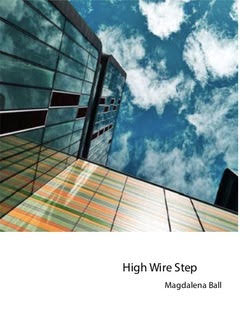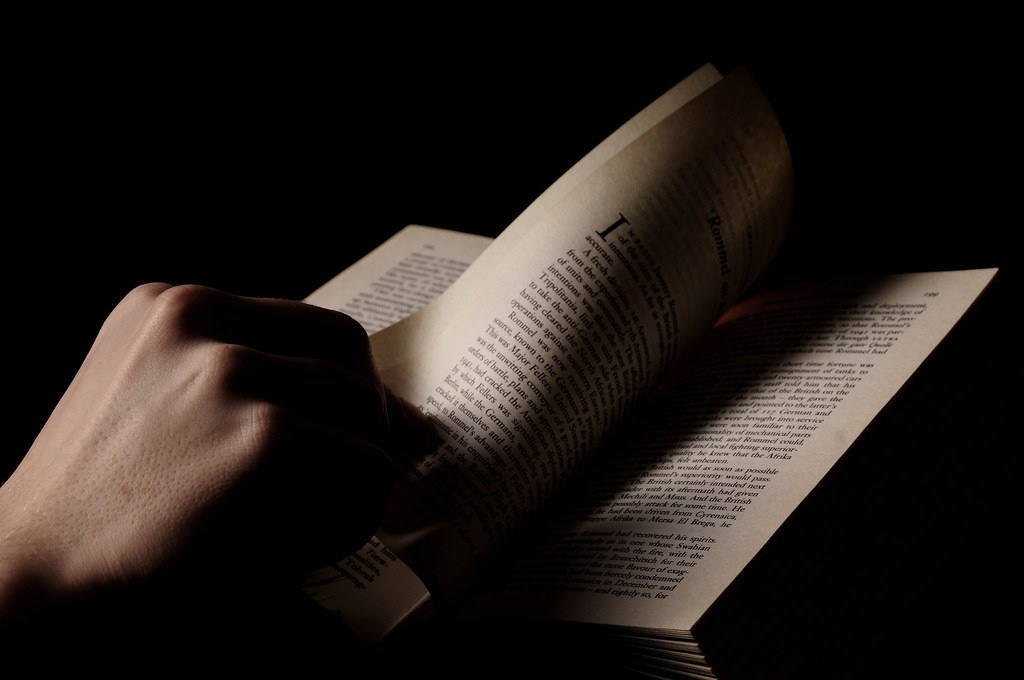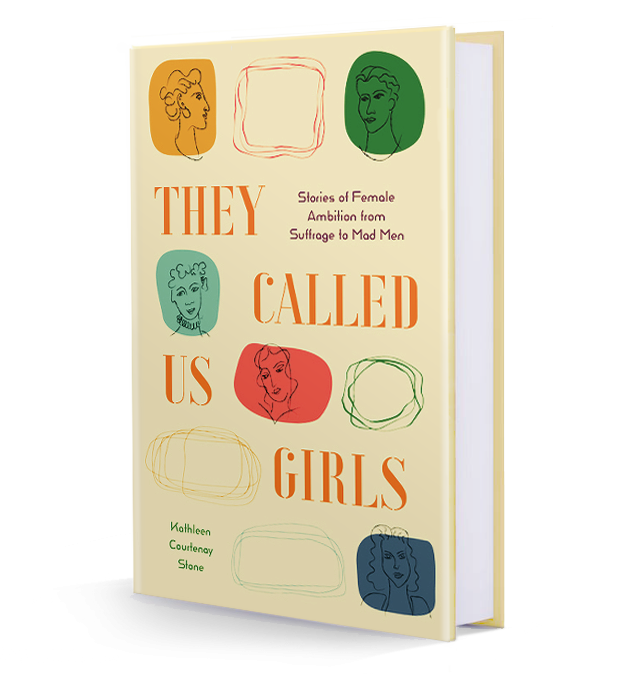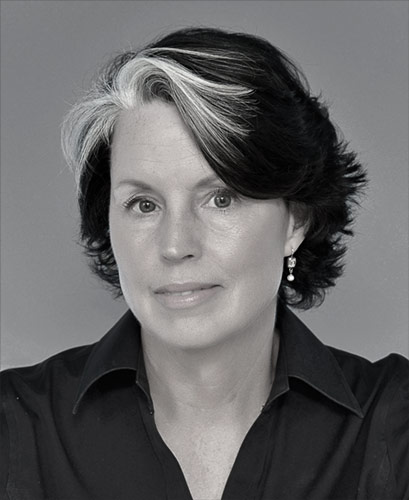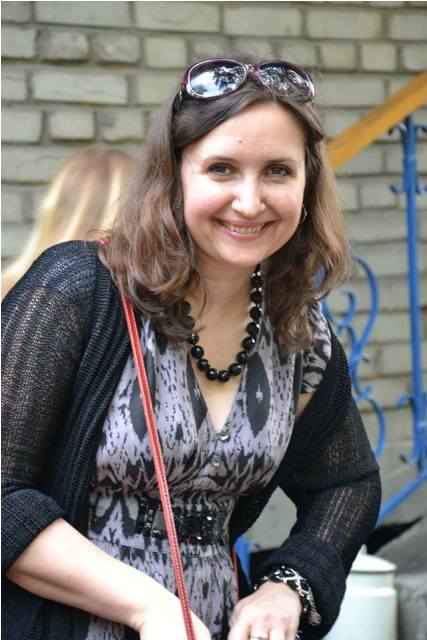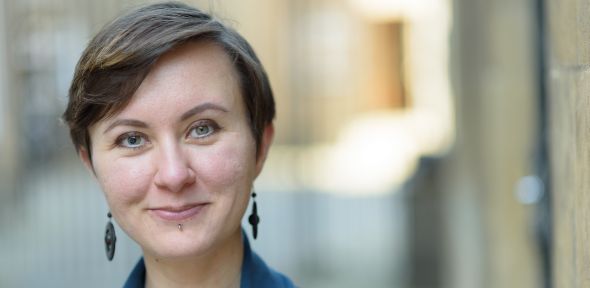Saturday, December 31, 2022
Compulsive Reader Newsletter - January
Thursday, December 1, 2022
Compulsive Reader Newsletter December
Our extensive news roundup of all of November's literary news includes awards like the Scotiabank Giller, the Prix Goncourt, the Patrick White and the always popular Bookseller Diagram Prize for the Oddest Book Title of the Year. You should receive yours soon but if you can't wait or you want to see what all the fuss is about, you can view a copy in the archive here: https://compulsivereader.com/sendpress/email/?sid=MA&eid=MjQ1NjQ
To sign up or read all of our reviews, and check out my new audio/video interview with the amazing Hazel Smith, visit: http://www.compulsivereader.com
Book image by © Jorge Royan / http://www.royan.com.ar, CC BY-SA 3.0, Link
Saturday, November 19, 2022
Poetry gifts on a bargain budget
Monday, October 31, 2022
Compulsive Reader Newsletter November
"My Books" by Jennerally is licensed under CC BY-NC-ND 2.0.
Friday, September 30, 2022
CR Newsletter October
The October Compulsive Reader newsletter has just gone out and is on its way to inboxes everywhere. This month has new reviews for such books as Walking the Labyrinth by Pamela Wax, The Pit by Tara Borin, The Circle That Fits by Kevin Lichty, and many others as well as an interview with The Fun Master's Jeff Seitzer. We also have a giveaway for the newly released Moonstone Hero by David Sklar, a terrific roundup of literary news including shortlists for the Scotiabank Giller, the Booker Prize, and the NSW Literary Awards to name just a few. If you can't wait for it to arrive you can check it out in the: Compulsive Reader Newsletter Archive and if you'd like to subscribe (free of course) visit: http://www.compulsivereader.com
Wednesday, August 31, 2022
Compulsive Reader Newsletter September
Tuesday, August 2, 2022
Compulsive Reader Newsletter August
The Compulsive Reader newsletter for August is now flying to your inbox. This month includes a big news roundup, as well as reviews of books like Our Laundry, Our Town by Alvin Eng, A Longing for Impossible Things by David Borofka, and How to Be Between by Bastian Fox Phelan to name a few. We also have a new (as of today!) interview with Bastian on Compulsive Reader Talks. There are also written interviews with Jane Enright and Maya Sonenberg. We've got 3 new book giveaways: Midstream by Lynn Sloan, Winter's Reckoning by Adele Holmes, and Self/less by AViVA. If you can't wait for your copy to arrive, you can view it in your browser.
To subscribe, visit http://www.compulsivereader.com. Happy reading!
"Wall of Books" by benuski is licensed under CC BY-SA 2.0.
Thursday, June 30, 2022
Compulsive Reader Newsletter July
The July Compulsive Reader newsletter has just gone out. This month's newsletter features a bumper crop of global literary news including such things as the Nebula awards, the German Nonfiction Book prize, the TS Eliot Four Quarters prize, the Jhalak Prize for Book of the Year, and many more. I know literary prizes aren't the be all and end all, but they do shine a torch light on some excellent books and are a good place to start if you're looking for a new read (for example, my dad is a sci fi fan and I always check out the Nebulas and Hugos to choose him new books for his birthday and Father's Day - I haven't had a dud yet). I'm always amazed by just how many great books continue to come out each year. Given all the chaos that is happening in the world at the moment, knowing how powerful and relevant and beautiful (mostly simultaneously) the literary art world continues to be is very heartening. Another source of great new books is Compulsive Reader! This month's newsletter has a bunch of terrific books reviewed including Patrick White winner Adam Aitken's latest poetry book Revenants, Sapphic Touch edited by Suman Lahiry and Heidi Chappelow, April at the Ruins by Lawrence Raab and lots more plus interviews and of course two new wonderful book giveaways!
If you haven't gotten. your copy, firstly, make sure we're whitelisted, and secondly, you can grab one straightaway here in the archive: http://www.compulsivereader.com/sendpress/email/?sid=MA&eid=MjQyODg
Wednesday, June 1, 2022
CR Newsletter June
To sign up, visit http://www.compulsivereader.com
Happy reading!
Sunday, May 1, 2022
Compulsive Reader Newsletter May
Saturday, April 16, 2022
Guest post: Our Mothers Our Books
By Bernice Lerner and Kathleen Stone
Mother’s Day is about more than Hallmark cards, and gifts and meals of appreciation. For those of us who have reached a certain age, it can be a time to reflect—a moment to pause and consider the ways in which our lives, perhaps even our career trajectories, have been influenced by a particular woman. As a writer, I realize that the seeds of my latest book were planted by my mother long before she or I had an inkling of what I would do with the information she shared.
When I was fourteen—the age she was when she was ousted from her home by Hungarian gendarmes—my mother told me about the two death camps she endured: Auschwitz-Birkenau and Bergen-Belsen. The telling came about organically, following many conversations about her childhood and post-war years. It occurred in the basement of our suburban home, where I watched her iron laundry. The evening my mother put down the iron, bent forward, stretched her arms out behind her, and demonstrated how she, half dead herself, dragged skeletal beings to a mass grave, she unknowingly planted the seed that would become my dual biography of her and a British army officer.
I didn't start that book for another 50 years. Only after authoring several other works and reading all I could about the circumstances she endured, did I arrive at an approach to writing about my mother—I would portray her as this young girl who by luck and smarts survived the maelstrom. And because her luck was shaped in part by the compassionate British officer who led the relief of Bergen-Belsen in 1945, when she was nearly dead, I decided to tell his story too.
Impactful stories are conveyed from one generation to the next, but how and when? Not always by the hearth or at the dinner table. Often this happens while the teller is performing some task. No agenda, no conscious imparting of lessons or instruction. Like me, Kathleen Stone, my friend and fellow writer, heard stories of her mother’s life before children in their basement laundry room. (We were amazed when we realized that some of our strongest memories of mother-daughter conversations came from the laundry room.)
Kathleen’s book—about seven women who had careers in the mid-twentieth century in male-dominated professions—grew out of her interest in women who had jobs similar to her lawyer father. But as she interviewed women for her book, she came to a new appreciation of how her stay-at-home mother influenced her.
Before having children, Kathleen’s mother worked at IBM, training customers on their new office equipment. That business-woman persona never left her. As a mother, she directed Kathleen in clear ways. She recommended books, took her to museums, and insisted she get a good education. She gave her the feeling that a woman could and should take initiative, and not only within the home.
My mother wanted me to have a career but did not know enough to guide or support me. When my children were young, I worked as a college administrator and earned a doctorate. Academia and publishing were foreign worlds to my mother.
She did, however, come from a family where women played vital roles. Her grandmother and mother were both resourceful (e.g., in lean times, her mother could make a nourishing soup out of caraway seeds) and respected businesswomen in the town of Sighet, Transylvania. In the decade after the war, my mother tried to attend school and prepare for a career, but she suffered setbacks—relapses of the tuberculosis she contracted in Bergen-Belsen.
She was, nevertheless, physically adventuresome. As a child, I watched her step outside in protective clothing to take down a wasps' nest on our porch. She fixed whatever broke and climbed high up a ladder to paint the exterior of our house (astonishing the neighbors).
My mother also had an aptitude for sales—she helped my father in his butcher business and then worked for Bloomingdale’s. Kathleen’s mother hewed more to an executive role. She always had a yellow legal pad and a pen, making lists for the family and for several volunteer activities where she had a leadership role. Once her kids were grown, she and a friend started a business helping other women find jobs. Even in her role as a neighborhood mom, she projected the air of being a businesswoman.
When Kathleen went to law school, she knew she was following her father’s career path. But as she worked on her book, she thought about how women become who they are, about both parents’ influences. In her book's epilogue, she realizes that mothers play an incredibly important, and often under-appreciated, role in their daughters' development. If her mother were here today, she would be pleased, even amazed, to read that her daughter had arrived at that understanding.
My mother never expected me to write a book about her. But together—she by telling, me by recording her words—we rescued murdered relatives from oblivion. Through her point-of-view, I was able to describe what happened to tens of thousands, including her iconic peer, Anne Frank. My book, in many ways, is our joint project.
On Mother’s Day, we may reflect with some regret on what we wish had been. Kathleen wishes that her mother was here to see her as a mother herself, who has steered her life according to their long-ago conversations in the laundry room.
I wish I had absorbed more from my mother, who loves opera and classical music and who speaks six languages.
Mother’s Day is an apt time to wonder how our work may have been influenced—in large and the subtlest of ways—by our multi-dimensional mothers.
Thursday, March 31, 2022
CR Newsletter for April
Happy April! The April Compulsive Reader Newsletter has now gone out. This month's issue has links to over sixteen reviews and interviews plus a news/awards roundup, and three new giveaways! If you're a subscriber it should be on its way or in your inbox already. If you're not getting it please try whitelisting Compulsive Reader, or you can go grab a copy directly from our archive.
If you're not a subscriber, you can subscribe for free at http://www.compulsivereader.com.
Happy reading!
"'Book' shop" by Elsie esq. is marked with CC BY 2.0.
Friday, March 18, 2022
Guest post: publishing and poetry in Ukraine
Written by Jean Huets
The Russian invasion of Ukraine has highlighted literature about Ukraine and by Ukrainians as never before. Lists of books help us grasp the dimensions of the crisis. But nearly all the compilations, however worthy, neglect the most raw and immediate medium of literary expression, a medium that, with music, is a culture’s most portable, and often most enduring, legacy. That is, poetry.
 The Soviet era challenged the very survival of Ukrainian poetry. One of Ukraine’s most eminent twentieth-century poets, Vasyl Stus, was floated as a likely Nobel Prize nominee in 1985. At the time, however, he was in a Soviet concentration camp, under a ten-year sentence for “manufacturing and distributing literature derogatory of the Soviet government and society.” The problem Stus thus posed for the Soviet government—an internationally acclaimed “criminal”— was tragically extinguished when Stus died in solitary confinement at the “death camp” in Kuchino.
The Soviet era challenged the very survival of Ukrainian poetry. One of Ukraine’s most eminent twentieth-century poets, Vasyl Stus, was floated as a likely Nobel Prize nominee in 1985. At the time, however, he was in a Soviet concentration camp, under a ten-year sentence for “manufacturing and distributing literature derogatory of the Soviet government and society.” The problem Stus thus posed for the Soviet government—an internationally acclaimed “criminal”— was tragically extinguished when Stus died in solitary confinement at the “death camp” in Kuchino. Oksana Zabuzhko is another Ukrainian writer whose voice was stifled. She made her poetry debut in 1972, but her parents’ blacklisting during the Soviet purges prevented her first book from being published until the 1980s. Fortunately, Zabuzhko lives today as one of Ukraine’s foremost public intellectuals and writers.
Ukrainian-born poet and translator Nina Murray describes the contemporary Ukrainian poetry scene as dynamic and diversifying, with women leading the charge, especially in terms of breaking gender norms. Publishers, inside and outside Ukraine, are scrambling to catch up. A 2017 ban on the import of Russian-published books created panic in the industry, since over sixty percent of books sold in Ukraine were from Russia. The ban was eventually lifted, with a stipulation that at least fifty percent of books sold in Ukraine must be in the Ukrainian language. Free market enthusiasts may lament, but the measures injected life into Ukrainian publishing, and Ukrainian-language literature blossomed.
As Ukrainian-to-English translators gain traction in the literary field, English speakers gain more and more access to Ukrainian works, though like any language, Ukrainian poses unique challenges to English translators. Murray cites a “metaphorical distance” between the two languages. “Ukrainian is more tolerant of synesthesic metaphors — mixes of sound and sight, for example — that may read as jumbled or just weird in English.” An excerpt from Apricots of Donbas, by Lyuba Yakimchuk, evokes the poetry of Federico Garcia Lorca, which has a way of making the surreal more real than “reality”: “when tears / turn to rock salt / when the sea in the stomach / turns into a coal mine.” Ukrainian also lends itself to rhyme, like the Italian language, a potentially awkward situation to the English-language translator.
Toward raising awareness of contemporary Ukrainian poetry accessible to English speakers, Murray shared with me a list of Ukrainian poetry collections available to English-language readers. The list is presented here in alphabetical order by author’s last name.
Oksana Lutsyshyna’s Persephone Blues (written in English) showcases, as Murray says, “Lutsyshyna’s gift for myth-making: her theme is family, her voice is as commanding as a prophet’s and her storytelling as limber as Ovid’s in Metamorphoses.” Scholar Vitaly Chernetsky describes the collection as demonstrating “a readiness to deconstruct the stereotypes of femininity and motherhood while confronting the traumatic experiences resulting from the crisis of contemporary masculinity (both Ukrainian and Western).” (Arrowsmith Press)
Nina Murray’s own poetry collection shouldn’t be left out. Alcestis in the Underworld (written in English), articulates the poet’s paradoxical experience of civic duty: her life in Moscow as a U.S. diplomat, after growing up in then-USSR Ukraine. The poems of Alcestis in the Underworld ring eerily prescient, with their sense of a gathering threat and a constant effort to cut through a propaganda-fed veneer of normalcy. Murray’s translation of Lesia Ukrainka’s feminist, poetic drama Cassandra, first produced in 1908, won the Ukrainian Institute London’s 2021 Ukrainian Literature in Translation prize. A discussion with Murray and excerpts from the play, spoken by professional actors, can be seen on youtube LINK: https://youtu.be/q_hSHH-63oY )
(Circling Rivers)
A certain Ukrainian spirit—as poet, dramatist, and essayist Tom Sleigh put it, “lyrical, exuberant, but underwritten by a tough-minded skepticism”—pervades Marjana Savka’s poetry collection Eight Notes from a Blue Angel, translated by Askold Melnyczuk. Savka’s publications include the poetry collection Boston Jazz (2008), as well as children’s books and a monograph about the Ukrainian émigré press in Czechoslovakia. She is the founder of Old Lion Publishing, in Lviv, which publishes Ukrainian authors as well as an international list in translation that includes Sally Rooney, Milan Kundera, and Kazuo Ishiguro. (Arrowsmith Press)
Iryna Shuvalova’s collection Pray to the Empty Wells, translated by the author and Olena Jennings, draws from Ukrainian folk culture, spiritual paths and sensual, earthy, body awareness. (Lost Horse Press dual-language series of Contemporary Ukrainian Poetry)
A Field of Foundlings, by Iryna Starovoyt, translated by
Grace Mahoney, unearths the suppressed history of early twentieth-century Ukraine. As Starovoyt said, interviewed in Artefact: “There were moments in the history of the last century when our cities and villages became the most dangerous places on Earth, where only one out of a hundred survived. The memory of this time was almost completely erased. We now know that this type of collective amnesia is shameful and dangerous.” Her words haunt us today: “The grass under the scythe is still alive at the roots, / but the stems are left senseless and dead. / The grass bleeds green, and can neither speak nor keep silent. / Losing their language, words grow in power.” (Lost Horse Press dual-language series of Contemporary Ukrainian Poetry)
About Apricots of Donbas, by award-winning poet Lyuba Yakimchuk, poet and essayist Layla Benitez-James says, “Despite claiming ‘there’s no poetry about war / just decomposition,’ simile flows out from the trauma of displacement and at times these poems border on magical realism: ‘the sea hardens into salt / the grass hardens into coal / and father turns like feather grass / gray.’” The book was translated by Oksana Maksymchuk, Max Rosochinsky, and Svetlana Lavochkina. (Lost Horse Press dual-language series of Contemporary Ukrainian Poetry)
Oksana Zabuzhko was named by literary scholar Maria Rewakowicz “the most important contemporary female author in independent Ukraine.” Though most well-known to English-language readers as a novelist and essayist, as a writer she identifies herself as a poet. Excerpts from her Selected Poems can be read online on the Arrowsmith Press website. Zabuzhko’s controversial novel Field Work in Ukrainian Sex launched her to international renown and remained on the Ukrainian bestseller list for over ten years.
The anthology The Frontier: 28 Contemporary Ukrainian Poets, translated by Anatoly Kudryavitsky, seeks Ukrainian national identity deep inside Ukrainian-language poetry. “All originals have been published side by side with Kudryavitsky’s fine translations,” says Svitlana Krys, Slavic & East European Journal, “which do poetic justice to these texts and the creative laboratories they evoke by finding metaphors and expressions that are true to the original—a very difficult task at times given the potential untranslatability of some verses.” Among the poets included are Serhiy Zhadan, Halyna Kruk, Ostap Slyvynsky, Marianna Kijanowska, Oleh Kotsarev, Anna Bagriana, and Vasyl Holoborodko. (Glagoslav)
The poems collected in another outstanding anthology, Words for War, engage with the experiences of the 2014 Russian invasion of Ukraine. “Words for War is not your conventional poetry of witness,” says Charles Bernstein, co-editor, Best American Experimental Poetry, “but poetry and collective translation as intervention, complicity, weapon, social media fodder, reflection, deflection, defection, defiance, sentiment, mourning, melancholy, anger, black comedy, patriotism, disgust, activism, iPad wet dream, delirium, nightmare, hope, hopelessness, absurdity, combat. Poetry in the service of poetry. Poetry on the front lines.” (Academic Studies Press).
About the author: Jean Huets is author of With Walt Whitman, Himself, acclaimed as “a book of marvels” by poet Steve Scafidi and “a true Whitmanian feast” by scholar Ed Folsom. Her writing is in Kenyon Review, The Brooklyn Rail, The New York Times, The Millions, North American Review, The Rumpus, On the Seawall, Ploughshares, and Civil War Monitor. She co-founded Circling Rivers, which publishes literary nonfiction and poetry. Visit www.jeanhuets.com
Monday, February 28, 2022
CR Newsletter for March is out
 Hello lovely readers. The Compulsive Reader newsletter for March is now on its way to your inbox. This month's issue features 3 new giveaways (get your entries in!), 11 new reviews including new books by Sutanuka Ghosh Roy, Lou Matthews, Fiona Sinclair, Keith Kopka, Louise Wakeling, Morgan Bell, Jennifer Maiden, Jessica Au and Robert Lopez, as well as interviews with Javier Sinay and Robert Croll, Tessa Wegert, and on the podcast, Jessica Au reads from and talks about her new book Cold Enough for Snow. As always we have a big roundup of literary news which includes such things as the Dylan Thomas prize, the International Dublin Literary Award, the Audies, the Story Prize and lots more. If you can't wait for it to arrive, or want to check it out before subscribing, you can find it in our archive here:
Hello lovely readers. The Compulsive Reader newsletter for March is now on its way to your inbox. This month's issue features 3 new giveaways (get your entries in!), 11 new reviews including new books by Sutanuka Ghosh Roy, Lou Matthews, Fiona Sinclair, Keith Kopka, Louise Wakeling, Morgan Bell, Jennifer Maiden, Jessica Au and Robert Lopez, as well as interviews with Javier Sinay and Robert Croll, Tessa Wegert, and on the podcast, Jessica Au reads from and talks about her new book Cold Enough for Snow. As always we have a big roundup of literary news which includes such things as the Dylan Thomas prize, the International Dublin Literary Award, the Audies, the Story Prize and lots more. If you can't wait for it to arrive, or want to check it out before subscribing, you can find it in our archive here: To subscribe, visit: http://www.compulsivereader.com
Image: "Book" by Kamil Porembiński (CC licence)
Monday, January 31, 2022
CR Newsletter for Feb is out!
"'Book' shop" by Elsie esq (Les Chatfield) is licensed under Creative Commons via OpenVerse



